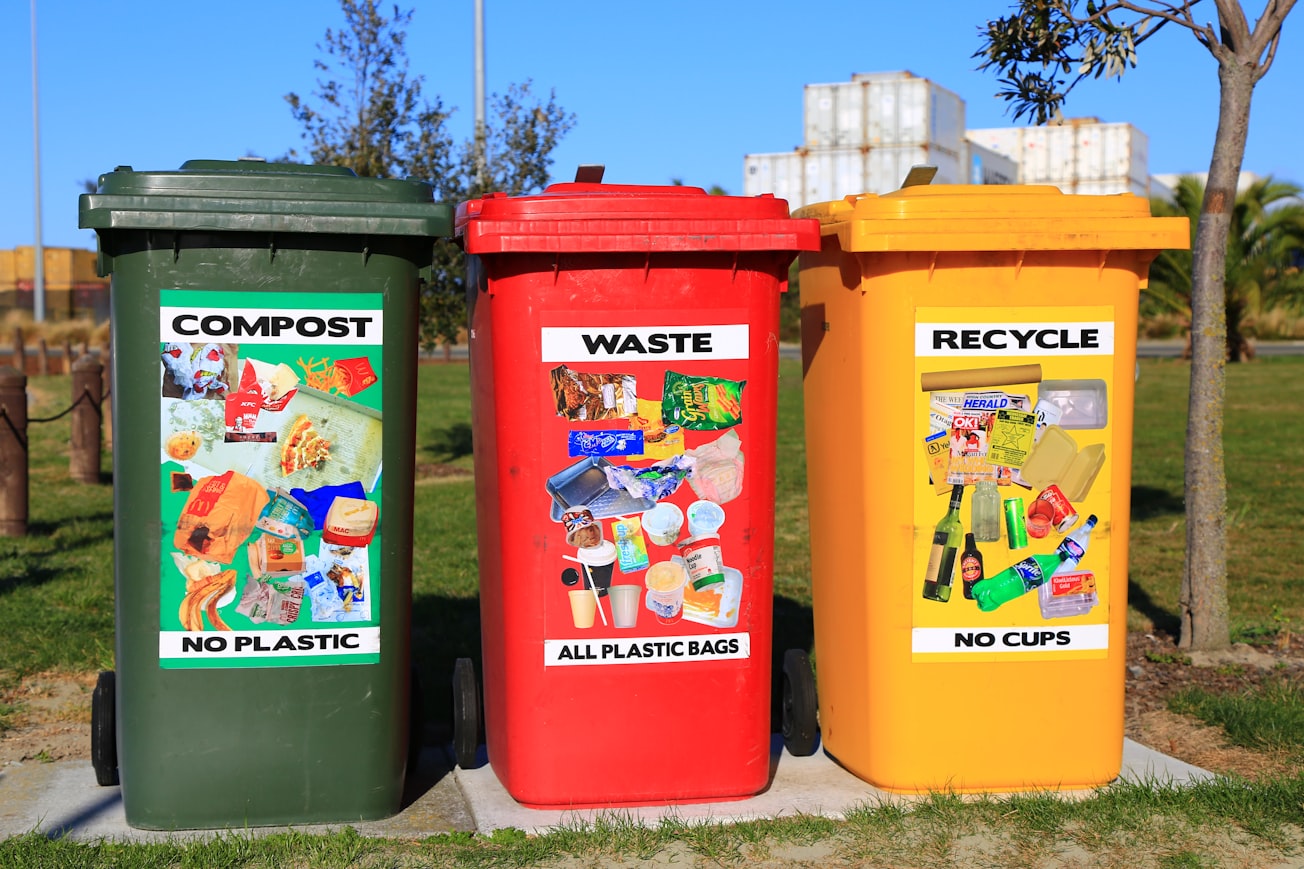What is it about?
This paper investigates the factors influencing the behavior of individuals in source-separation of municipal solid waste in an immature system for collection of recyclable waste (Saint Petersburg, Russia) and a more mature waste system (selected urban areas, Finland). Online questionnaires were applied to collect data from citizens of Saint Petersburg and the Finnish urban population. The data were examined within an extended theory of planned behavior using structural equation modeling for the identification of factors affecting waste source-separation behavior. The findings indicate that the factors differed significantly in the two waste systems. In Russia, the inconvenience of waste collection limited waste source-separation behavior, while intentions of individuals and information availability had an almost equal positive effect. In Finland, waste source-separation behavior was mostly affected by people’s intentions. Based on the findings, recommendations for the development of recycling practices were made for practitioners in Russia and possibly other early-stage systems for the collection of recyclable waste. Limitations of the study pinpointed the possibilities for future research.
Featured Image

Photo by Nareeta Martin on Unsplash
Why is it important?
Waste separation reduces environmental impacts from the waste processing activities.
Read the Original
This page is a summary of: Factors Influencing Household Waste Separation Behavior: Cases of Russia and Finland, Recycling, July 2022, MDPI AG,
DOI: 10.3390/recycling7040052.
You can read the full text:
Resources
Contributors
The following have contributed to this page







